Project overview
Project leaders: René van Woudenberg, Jeroen de Ridder, Rik Peels, Lex Bouter, Joeri Tijdink, Gijsbert van den Brink
Vrije Universiteit Amsterdam
Funded by Templeton World Charity Foundation
September 2020 – August 2023
Project leaders: René van Woudenberg, Jeroen de Ridder, Rik Peels, Lex Bouter, Joeri Tijdink, Gijsbert van den Brink
Vrije Universiteit Amsterdam
Funded by Templeton World Charity Foundation
September 2020 – August 2023
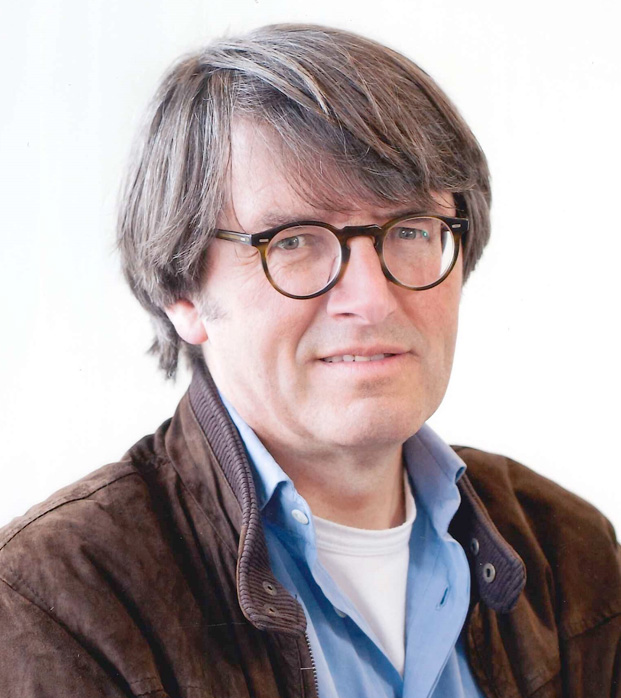


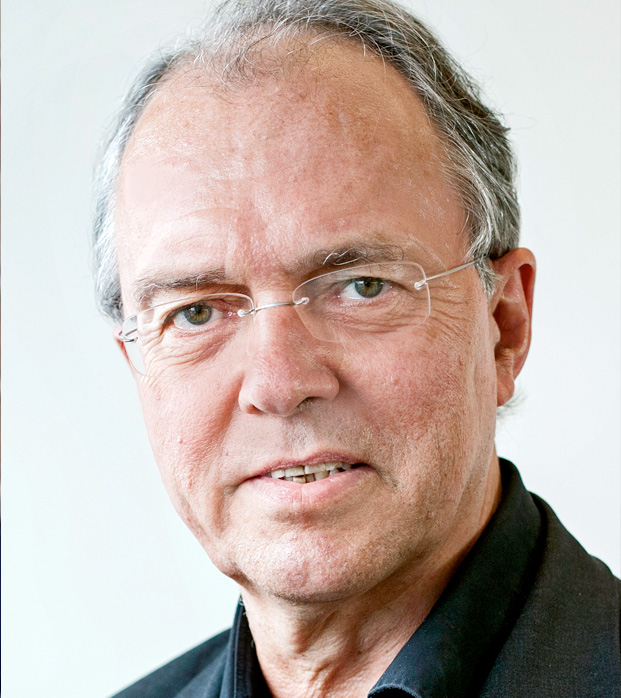
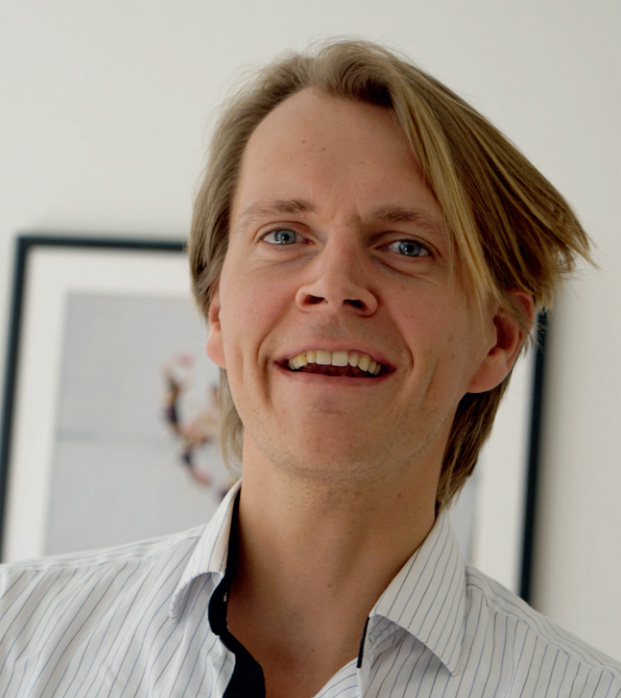
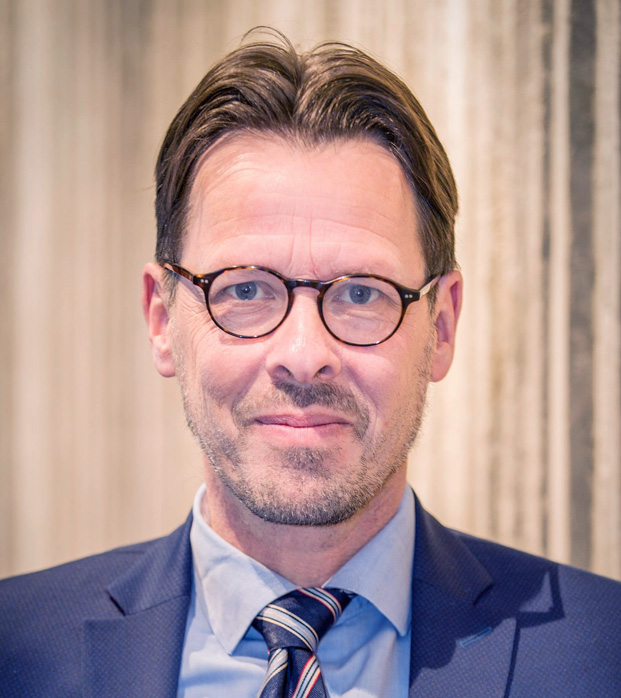
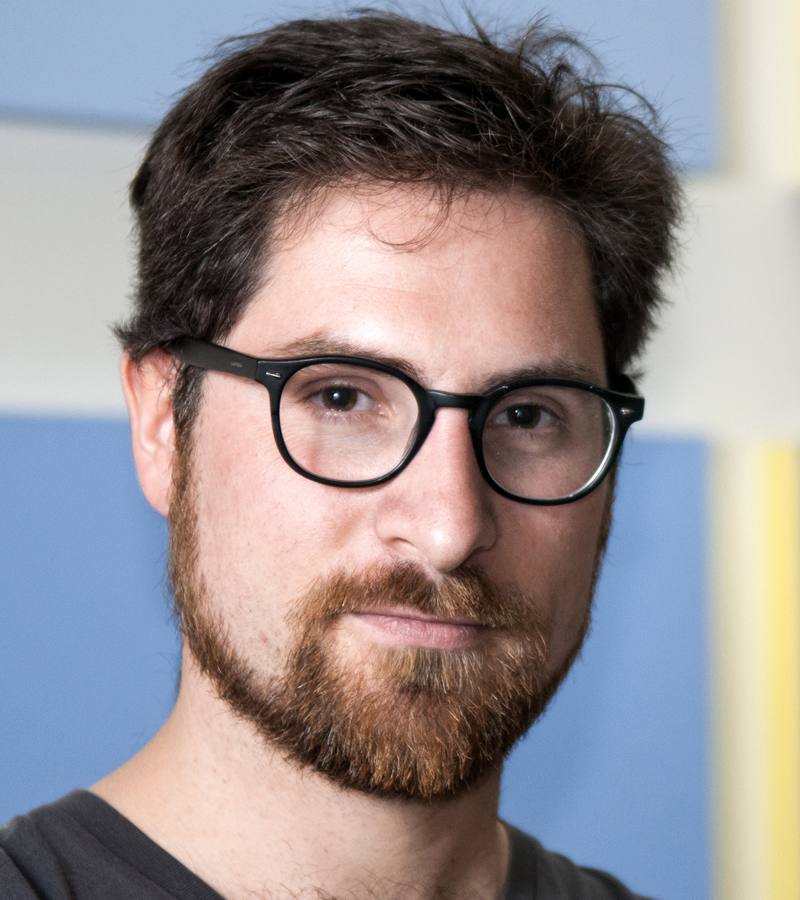


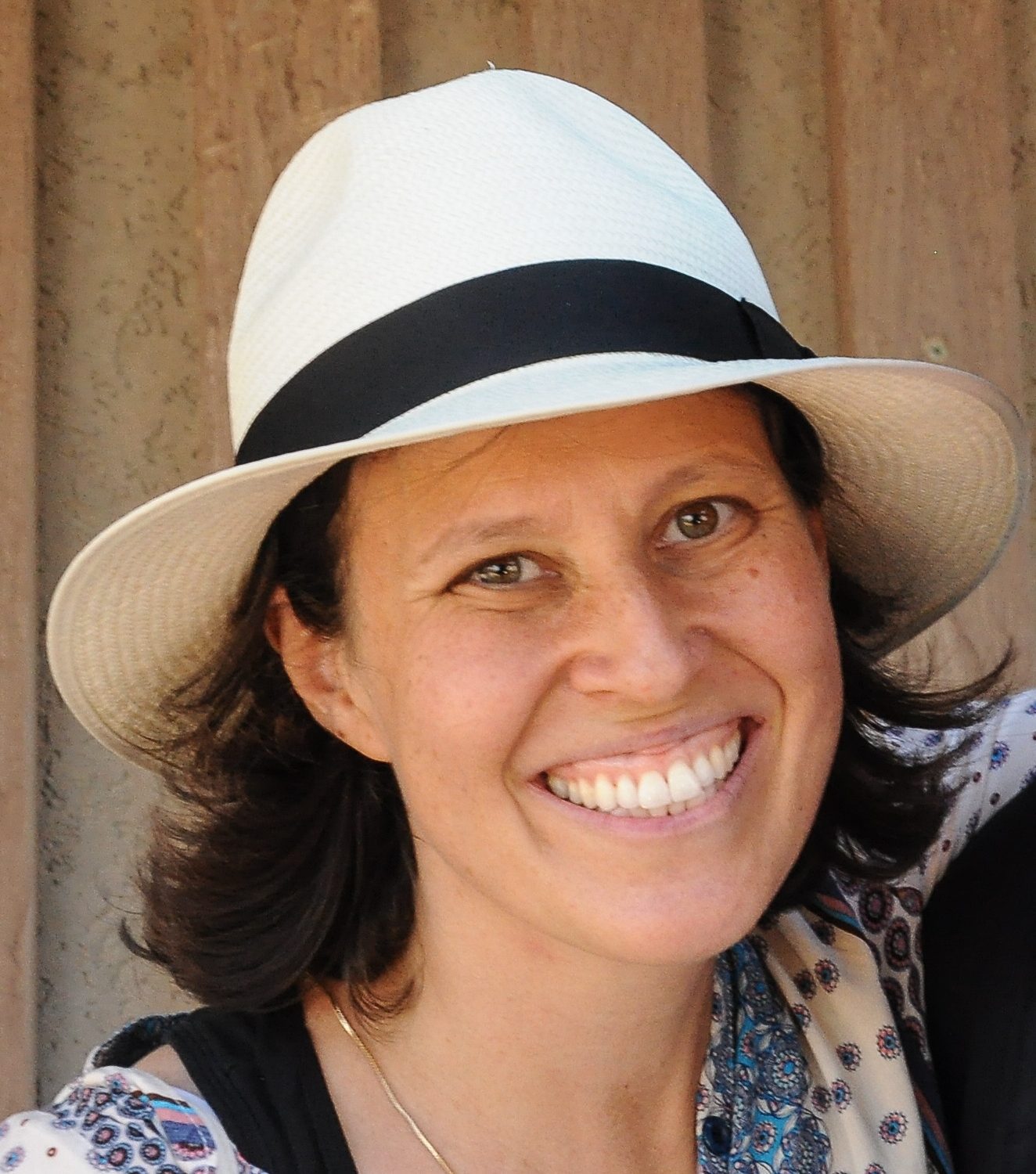





The big question this project addresses is: How can universities enable epistemic progress—both policy-wise and in the humanities? We concentrate on two more specific sub-questions: Which institutional and policy arrangements and procedures foster responsible research practices, i.e. practices that enable epistemic progress, and how can such progress be measured? And: How can the humanities, theology included, realize epistemic progress?
The project does two things. First, it develops institutional policies and procedures for universities that facilitate epistemic progress. Specifically, Standard Operating Procedures (SOPs, as we call them) for research integrity will be designed as well as training and support programs for mentors and supervisors. Second, it aims to contribute directly to epistemic progress in the humanities by carrying out replications of two cornerstone studies, by clarifying the nature of a prominent type of humanities explanations, namely non-causal explanations, by clarifying the relations between the sciences and the humanities, by writing a textbook on the philosophy of the humanities defending the possibility of progress in the humanities, and by articulating what progress in theology can amount to.
This project is important for two different reasons. First, the academic world has been shaken by reports about questionable research practices (QRPs) that are thought to be responsible for the replication crisis in certain fields of research (most notably social psychology and the bio-medical sciences.) Also, there are reports of cases of research misconduct (cases of fabrication and falsification of research data and plagiarism). This has led academic institutions all over the globe to develop codes for responsible research conduct. However, it is one thing to develop such codes, but quite another for them to have transforming effects. The research we propose is important precisely because it addresses further implementation.
Second, the project addresses the epistemic value and respectability of the humanities. In modern universities the humanities are, in the main, not valued as highly as the natural or the bio-medical sciences. In many countries the humanities and entire humanities departments are under threat. Still, the humanities are important, because they can give us knowledge and insights that cannot be obtained in other ways. It is the ambition of this project to explore and explain the possibilities of epistemic progress in the humanities, and to instantiate such progress itself.
This project is relevant to different groups of people: (1) University administrators and policy makers who are responsible for fostering responsible research practices; they can learn about and use the SOPs this project will develop. (2) University boards interested in measuring how well they are doing in meeting five core epistemic responsibilities. (3) The academic research integrity community. (4) Philosophers of science who are working on the question whether replication studies in the humanities are possible, who are studying the relations between the various sciences, and who are working on non-causal explanations. (5) Professors teaching undergraduate courses in the humanities who are looking for a textbook treatment of what the humanities are and how they compare to the sciences. (6) The general public.
Part I of the project concerns institutional and policy aspects of epistemic progress in academia. It has three subprojects. The first one addresses the question of what epistemic progress consists in and how it can be assessed. It is the development and implementation of an assessment tool, as laid out in a previously published white paper (titled “Academia’s Big Five”). Subproject 2 studies what epistemic progress in science and the humanities amounts to. Subproject 3 focuses on responsible research practices, especially through the installment of standard operational procedures within research organizations. For this subproject, external funding from the European Union has been secured.
Part II addresses progress in the humanities: what it is and how it can be realized. Subproject 4 discusses the idea of replication in the humanities and proposes two replication studies. Introducing replication studies in the humanities, we think, is a genuine case of epistemic progress. The next subproject is premised on the idea that progress in the humanities depends, in part, on being clear about the nature of the non-causal explanations that we find in the humanities, and on being clear on how the humanities relate to the sciences and the social sciences. Subproject 6 explores the idea of epistemic progress in theology.
The research will be carried out by René van Woudenberg, Jeroen de Ridder, Rik Peels, Lex Bouter, Joeri Tijdink, Gijsbert van den Brink, Stephen Grimm, Vincent Traag, 1 PhD, and 3 postdocs.
When successfully completed this project will result in the adoption of SOPs within a number of universities worldwide, but especially in Europe and North America, and there will be a validated tool by which universities can assess the degree to which they bear five key epistemic responsibilities. There will furthermore be an analysis of what epistemic progress in groups as well as individuals amounts to. Moreover, there will be pioneering and potentially agenda-setting replication studies in the humanities, there will a textbook (tentatively called “A Philosophy for the Humanities”) that, due to its orientation, can provide a new view on the field, and there will be a reasoned view about what progress in theology is. Moreover, three summer seminars, a number of smaller workshops and a conference will be occasions for sharing and discussing ideas.






This subproject builds on earlier findings of the research project ‘Epistemic responsibilities of the university’ (2016-2020). In the white paper (Peels et al. 2019) that emerged from the previous project, we identify five core epistemic responsibilities, which we call the Big Five, namely:
For each epistemic responsibility, we distinguish five levels to which a university can meet that responsibility. Our taxonomy is meant as a tool to assess the level to which a university meets these core epistemic responsibilities. The format we use is inspired by the Transparency and Openness Promotion (TOP) guidelines (Nosek et al. 2015) that journals can use to describe the extent to which they meet the goals of Open Science. To this end, we propose a normative taxonomy of core epistemic responsibilities of universities that departs from our white paper (Peels et al. 2019) that emerged from the previous project.
That proposal is only a first attempt and in this subproject we aim to further develop, test, amend, and implement the taxonomy. We envision doing this in four consecutive steps. First, we want to fine-tune our taxonomy in a Delphi Study with international experts that aims in its first round at adding, replacing, and reformulating various epistemic responsibilities. The second and third Delphi rounds will seek consensus on the corresponding levels of meeting the responsibility at issue and explore what the best practices are in reaching the next level regarding specific responsibilities.
Next, we will organize co-creation workshops with about representatives from all relevant backgrounds in order to discuss a penultimate version of the taxonomy. The focus of the workshop will be on the operationalization of the levels of meeting the different epistemic responsibilities in a way which makes application of the taxonomy feasible, transparent, and as objective as possible.
Then, we will test and qualitatively evaluate the taxonomy in a number of universities, resulting in a definitive description of the responsibilities, the levels, and a toolkit of best practices. Per university policy documents will be analyzed and focus group interviews will be conducted among the representatives of various relevant backgrounds mentioned above.
Finally, we will publish and disseminate the results in a dedicated website (to be created). Specifically, we will publish there (a) the initial instrument that we called “Academia’s Big Five”, (b) the outcome of the Delphi studies on the initial instrument, (c) an improved and validated version of the instrument, (d) a document about how to apply the instrument, (e) background articles on the responsibilities that the instrument refers to. In addition to this, we will explore whether the taxonomy is a suitable alternative for, or addition to, the currently dominant Academic Ranking of World Universities9 and the Times Higher Education World University Rankings.



The fact that science has made and continues to make great progress is no doubt one of its most distinctive accomplishments. It is this feature, too, that accounts for science’s high reputation in society and for the trust people put in its deliverances. This subproject will focus on one core aspect of scientific progress, namely cognitive or epistemic progress: the attainment of cognitive or epistemic goals, such as truth, knowledge, or understanding. The subproject is centered around the following three questions:


In recent years, concerns have been expressed about the validity and trustworthiness of research results. There is severe criticism of the way the system of research is organized (i.e. the incentive/reward systems, irresponsible metrics, publication pressures, short term contracts and funding etc.) and detrimental aspects of the research climate are being studied in order to understand why researchers engage in research misconduct, i.e. Falsification, Fabrication, and Plagiarism (FFP) and Detrimental Research Practices (DRPs). These detrimental aspects of the research climate are believed to play a role in major and minor breaches of research integrity, which not only affect truth-finding but also public trust in science and trust between researchers (Bouter et al. 2016). This dual crisis of truth and trust comes with challenges regarding how to implement existing ideas and interventions that foster responsible research practices that fit and have success in research performing organizations (RPOs) and research funding organizations (RFOs). This subproject wants to bridge this gap between the ideas and the practices. The aim of the Standard Operating Procedures for Research Integrity (SOPs4RI) project is to contribute to the promotion of excellent research and a strong research integrity culture aligned with the principles and norms of the “European Code of Conduct for Research Integrity” (ALLEA 2017). The overall objective is to create a toolbox to support and guide RPOs and RFOs in fostering research integrity and consequently preventing, detecting and handling research misconduct. The tools that are the focus of the project are standard operating procedures (SOPs) and guidelines that will make it possible for RPOs and RFOs to create and implement research integrity promotion plans for all institutions in the EU.
Implementation of the toolbox with SOPs and guidelines for research integrity has the potential to become a game changer in the institutional responsibilities of RPOs and RFOs regarding safeguarding research integrity and responsible conduct of research of their researchers. Therefore, we assume and expect, will contribute positively to epistemic progress in universities and other centers of research.
This subproject is part of the EU H2020 project (SOPs4RI, duration from 1 January 2019 – 31 December 2022), which is a collaboration project with universities in 10 European countries.






One of the outcomes of the Epistemic Responsibilities of the University project was a detailed plea for replication in the humanities, in response to the recent replication crisis in the biomedical and social sciences. More specifically, we argued that replication is possible and desirable in various sciences, but also in the humanities, a field that the debate on replication had entirely neglected so far. Applying lessons from the replication crisis to the humanities can make humanistic studies more robust and more reliable. We now aim to take these ideas a step further in two ways: (i) by developing more nuanced and practical guidelines of when replication is possible and desirable in the humanities and when it is not, that is, exactly what criteria a study should meet and why in order for it to be a good candidate for replication; (ii) by actually replicating two cornerstone studies in the humanities. These two strands of research within this subproject will take place simultaneously, so that they can mutually influence and shape each other. The two studies that will be replicated are:




Progress in the humanities, we think, can not only be accomplished by introducing the possibility of replication studies into the humanities, but also by getting clear on four things. First, the humanities have sometimes adopted a philosophical perspective that, we think, blocks epistemic progress, i.e. forms of social constructivism. More radical forms of it social constructivism tend to suggest that the natural world has a small or even non-existent role in the construction of scientific knowledge. In the humanities this view tends to take the form that the objects that are studied in the humanities (books, paintings and other works of art, historical events, etc.) play a very limited role in the scholarly enterprise and that the real action is with the scholars who construct and apply concepts that they find useful to play a power game. Although it shouldn’t be denied that, like elsewhere, power games are played in the humanities, it should not be taken to be constitutive of them. We need to become clear headed about what the humanities look like, and how to pursue them, without social constructivism. Second, the humanities have often also adopted forms of philosophical anti-realism about truth. Anti-realism is the view that the truth of a statement does not depend on the properties of the world (not on ‘the way the world is’) but on such factors as peer-acceptability, or verifiability. We need to get clear on what the humanities look like, and how to pursue them, given truth-realism (which is the view that a statement is true, provided what that statements says is the case, actually is the case—and that nothing more is needed, but also that nothing less will suffice). Three, the humanities have been criticized for not offering genuine explanations. This criticism adopts a certain view on the nature of explanation –one that involves identifying the causes of a phenomenon— that is not universally correct, as the humanities often offer non-causal explanations. We need to get clear on the special nature of the explanations that the humanities do offer. In part due to adopting social constructivism and anti-realism, as well as due to not being clear on the nature of the explanations they offer, the humanities are sometimes declared to have no epistemic significance, and to be a scientific dead end. This leads up to a fourth point that should be clarified if epistemic progress in the humanities is to be accomplished, namely how the humanities relate to the sciences—and what epistemic contribution can be expected from them. These themes are center stage in this subproject, with a focus on non-causal explanations in the humanities, how the humanities and the sciences relate.

Theology is often seen as a disreputable discipline, since, in contrast to the natural sciences, it does not make epistemic progress (e.g. Coyne 2013). As a result, “[t]he achievements of theologians don’t do anything, don’t affect anything, don’t mean anything” (Dawkins 2006). This subproject investigates the claim that theology does not make epistemic progress by exploring, comparing and evaluating five avenues of response (the evaluation will consist in listing and weighing the various arguments for and against each of these five avenues as gleaned from the relevant scholarly literature):
(1) Theology does not make notable epistemic progress indeed, but this makes its results all the more reliable. By contrast, it seems that progress in the sciences reduces the reliability of its outcomes. So in a sense the longevity of its conclusions strengthens theology’s trustworthiness; and ‘progress’ is an ambiguous notion here.
(2) Theology does make epistemic progress in the wake of the sciences. For example, the sciences have shown that the universe is much older than 6.000–10.000 years, and this fact has helped theology to invalidate certain interpretations of the book of Genesis (obviously, epistemic progress is not just made by acquiring knowledge but also by overcoming false beliefs). Similarly, many other scientific discoveries have led to adjustments (and, for all we know, improvements) of theological views that were previously based on assumptions that have become obsolete as a result of scientific developments (cf. e.g. Van den Brink 2019).
(3) Theology does make progress by prompting the sciences to explore and test certain hypotheses or theories, which may subsequently find corroboration and even become generally accepted. In this way, the Jesuit priest George Lemaître famously suggested that the universe might have started with a ‘big bang’ – a notion that (despite his own denial) may have been inspired by his theological belief that the universe, as being created by God, had a beginning. In this way, theological background beliefs may usher in epistemic progress in the sciences.
4) Theology does make progress independently of the sciences, but only in an intra-paradigmatic way. For example, within the mainstream Christian theological paradigm, whereas in the past theologians were convinced of the doctrine of divine impassibility, most theologians have now come to see that God is actually passible. Epistemic progress is not necessarily limited to cases of emerging communis opinio, however, nor is the emergence of near-consensus a proof of progress. Thus, some theologians, working in another paradigm (or research program), still hold on to divine impassibility and they tend to see its contemporary rejection as a sign of regress.
(5) Theology does make progress independently of the sciences in ways that go beyond the intraparadigmatic level. Here one might think of the development in religious history from animism through polytheism to monotheism. Or is this, once more, only an example of progress as seen from within a monotheist paradigm. It might be argued that theology makes epistemic progress which can also be recognized as such outside its own paradigm when it succeeds in interpreting new phenomena or experiences in light of its core beliefs
Some of interpretations (1)–(5) are mutually compatible, others may be incompatible. In this project, the pros and cons and compatibilities of each of them will be assessed on the basis of a more extensive literature research, mainly using the method of conceptual analysis. Research on this subproject will be conducted in careful coordination with other parts of the program.